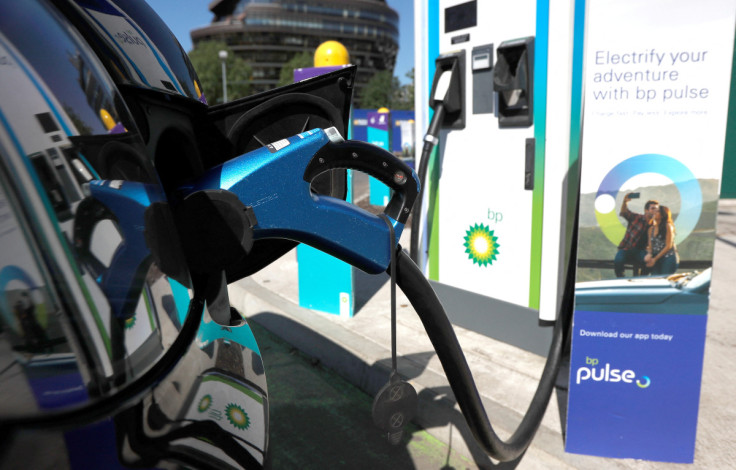
The new year began with exciting developments in the UK automotive sector as the zero-emission vehicle mandate became law.
On January 3, the Department for Transport and the Office for Zero Emission Vehicles announced that the zero-emission vehicle mandate had become law.
According to the mandate by 2030, 80 per cent of new cars and 70 per cent of new vans will have to be zero emission vehicles (ZEVs) which is supported by over £2 billion investment from the UK government.
The new regulations are part of the UK government's plan to make the UK automotive sector 100 per cent net zero as all cars and vans become ZEVs by 2035. To accomplish this the charging facilities are being increased across the UK along with incentivising ZEVs.
The ZEV mandate has been touted as the biggest carbon-saving measure of the Sunak government's net zero strategy, ahead of the selections. This comes at a time when Prime Minister Rishi Sunak recently faced backlash over his government's net zero u-turn.
With the ZEV mandate becoming the law, Britain has put in place the most ambitious regulatory framework for electric vehicles (EVs) in the world. The move came after extensive consultation with EV manufacturers which ensures UK jobs in the automotive industry are secured.
Earlier in 2023, the British Prime Minister proposed the new mandate, delaying the ban on diesel and petrol cars from 2030 to 2035, making way for better EV adoption. This was done to keep Britain in line with the automotive regulations of other economies like Canada, Germany, France and Sweden.
As per the latest statistics from the UK government, Britain has seen a 41 per cent increase in ZEV adoption as the number of first-time registrations of electric vehicles has increased.
There are over 50,000 public chargepoints in the country which are 44 percent higher than last year. This is on track with the 2030 target of 300,000 charge points.
The ZEV mandate got a new boost last month when the EU and the UK extended EV trade rules which will save UK manufacturers and consumers £4.3 billion as it provides long-term certainty to the UK automobile industry.
ZEV mandate to enhance the supply of EVs
To mark the occasion, Technology and Decarbonisation Minister Anthony Browne visited a new BP pulse hub in London where he witnessed the efficiency of new ultra-fast EV chargers and talked to EV drivers benefitting from it.
Speaking about the ZEV mandate, Technology and Decarbonisation Minister Anthony Browne said: "Alongside us having spent more than £2 billion in the transition to electric vehicles, our zero-emission vehicle mandate will further boost the economy and support manufacturers to safeguard skilled British jobs in the automotive industry."
"We are providing investment certainty for the charging sector to expand our charging network which has already grown by 44 per cent since this time last year. This will support the constantly growing number of EVs in the UK, which currently account for over 16 per cent of the new UK car market," Browne added.
The ZEV mandate will help the government scheme of reducing the costs of owning EVs including plug-in van grants of up to £2,500 for small vans and £5,000 for large vans until at least 2025. There is an additional £350 off on the cost of home charge points for flats.
Bp Pulse UK's Vice President Akira Kirton said the ZEV mandate will instil confidence in their strategy and reaffirm their plans to "invest £1 billion over 10 years to continue to develop hundreds of EV charging hubs across the country by 2030 to bolster the UK's charging infrastructure".
Meanwhile, the General Manager of Uber UK, Andrew Brem called the ZEV mandate becoming a law "a significant moment" which will reduce the costs of EVs and increase their supply across the country, making way for EV adoption in the next decade.
Brem underlined why the new regulations are important as the upfront cost of EVs is still a barrier for Uber in London as it has over 10,000 EVs running on the platform.







